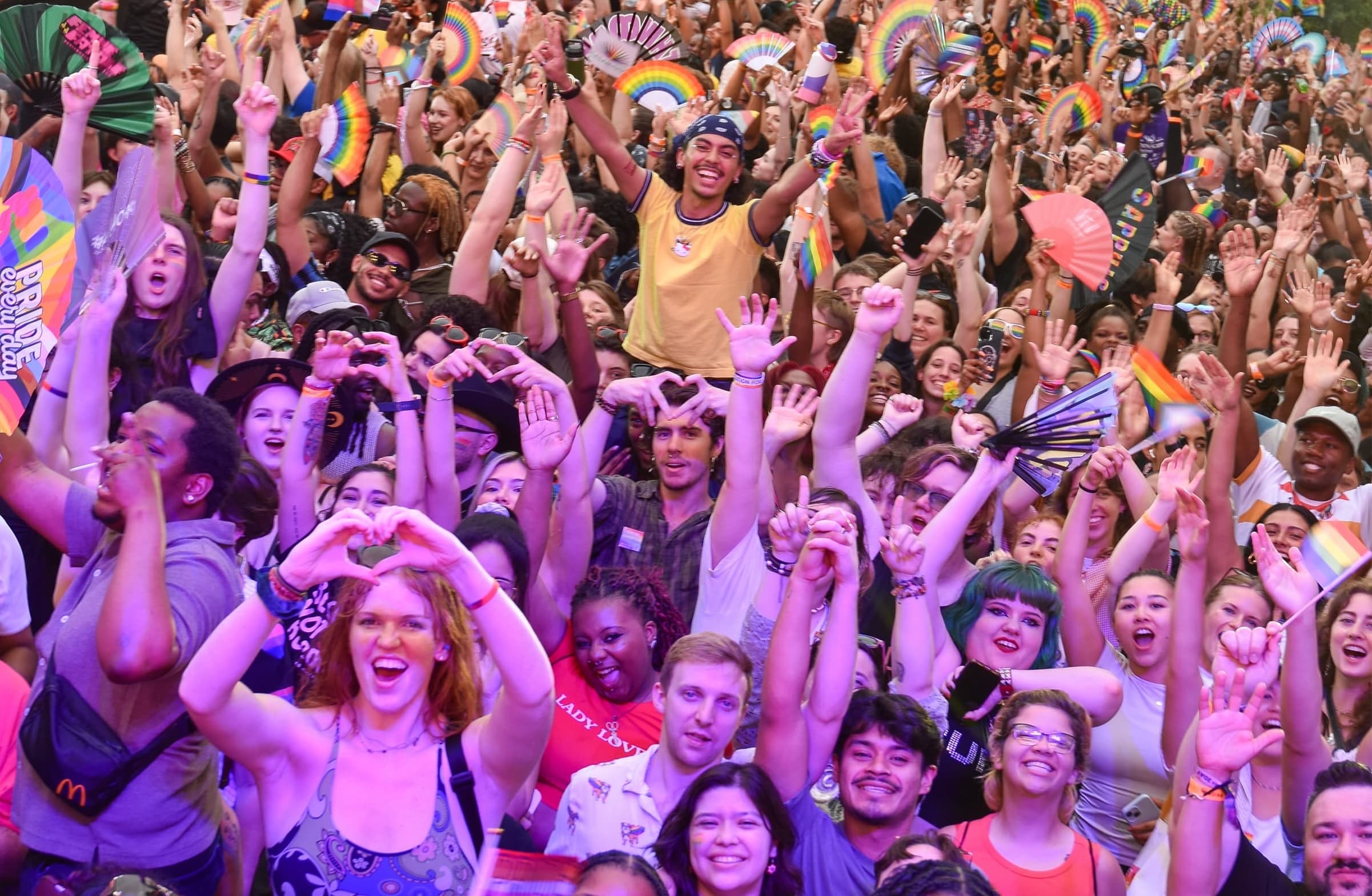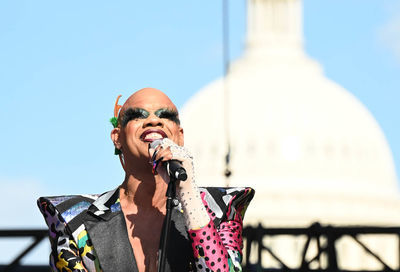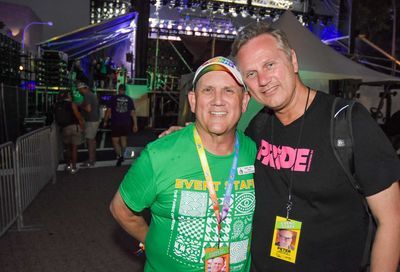Study: LGBTQ acceptance has increased globally, but is more polarized
The study established measured 141 countries and found correlations between acceptance and a country's freedom and economic performance

A new study has found that acceptance of LGBTQ people has increased globally since 1980, though the world is also more polarized in its acceptance than ever before.
The study was one of three conducted and released Wednesday by the Williams Institute at UCLA School of Law, which does independent research on sexual orientation and gender identity public policy.
The Wiliams Institute developed a new tool to measure LGBTQ inclusion called the Global Acceptance Index, which ranked all 141 countries on their relative acceptance of both LGBTQ people and LGBTQ rights.
“Very few surveys conducted about LGBT people and issues provide sufficient data for global, cross-national comparisons of public opinion about LGBT people and rights,” said lead author Andrew R. Flores, Visiting Scholar at the Williams Institute. “The Global Acceptance Index provides a consistent and comparable way to measure attitudes and attitude change, which could help us better understand the impact of LGBT inclusion in social, economic, and political life.”
Researchers used 11 different surveys and found that 80 countries (57%) saw an increase in inclusion since 1980, with 46 countries (33%) seeing a decline and 15 (11%) relatively unchanged.
The study found that the the most accepting countries were Iceland, the Netherlands, Sweden, Denmark and Andorra. These countries had also seen the largest uptick in LGBTQ acceptance since 1980.
Conversely, the countries to experience the largest fall in the same time frame were Ghana, Kenya, Bangladesh, Georgia and Azerbaijan.
A second Williams Institute study used the Global Acceptance Index and found that democracies that practiced a rule of law and a free press had a better link between acceptance and legal inclusion. That bond was shown to weaken in autocracies and anocracies.
In a third study, a positive correlation was found between a country’s GDP per capita and LGBTQ acceptance.
“Social and legal inclusion has implications for global economic development policies,” said lead author M.V. Lee Badgett, a Distinguished Visiting Scholar at the Williams Institute. “Programs that reduce violence, stigma and discrimination against LGBT people and policies that enhance access to education and health care will allow LGBT people the opportunity to realize their full economic potential, which will benefit the overall economy.”
Support Metro Weekly’s Journalism
These are challenging times for news organizations. And yet it’s crucial we stay active and provide vital resources and information to both our local readers and the world. So won’t you please take a moment and consider supporting Metro Weekly with a membership? For as little as $5 a month, you can help ensure Metro Weekly magazine and MetroWeekly.com remain free, viable resources as we provide the best, most diverse, culturally-resonant LGBTQ coverage in both the D.C. region and around the world. Memberships come with exclusive perks and discounts, your own personal digital delivery of each week’s magazine (and an archive), access to our Member's Lounge when it launches this fall, and exclusive members-only items like Metro Weekly Membership Mugs and Tote Bags! Check out all our membership levels here and please join us today!




























You must be logged in to post a comment.